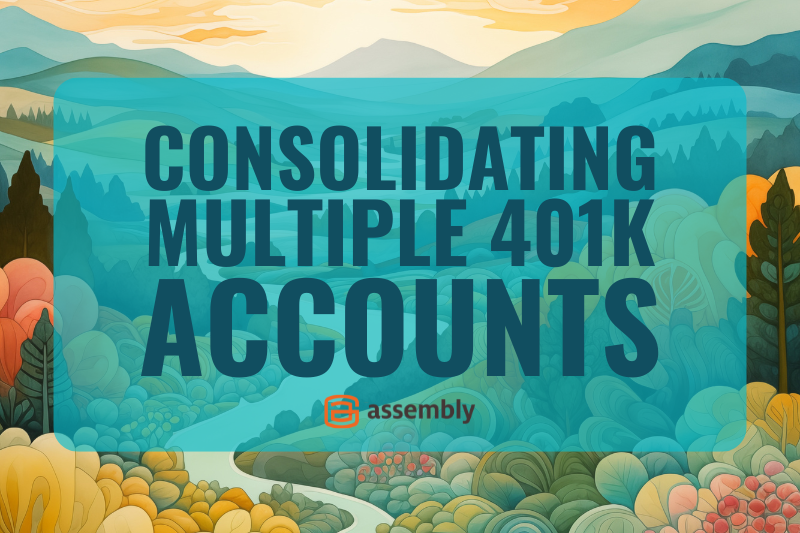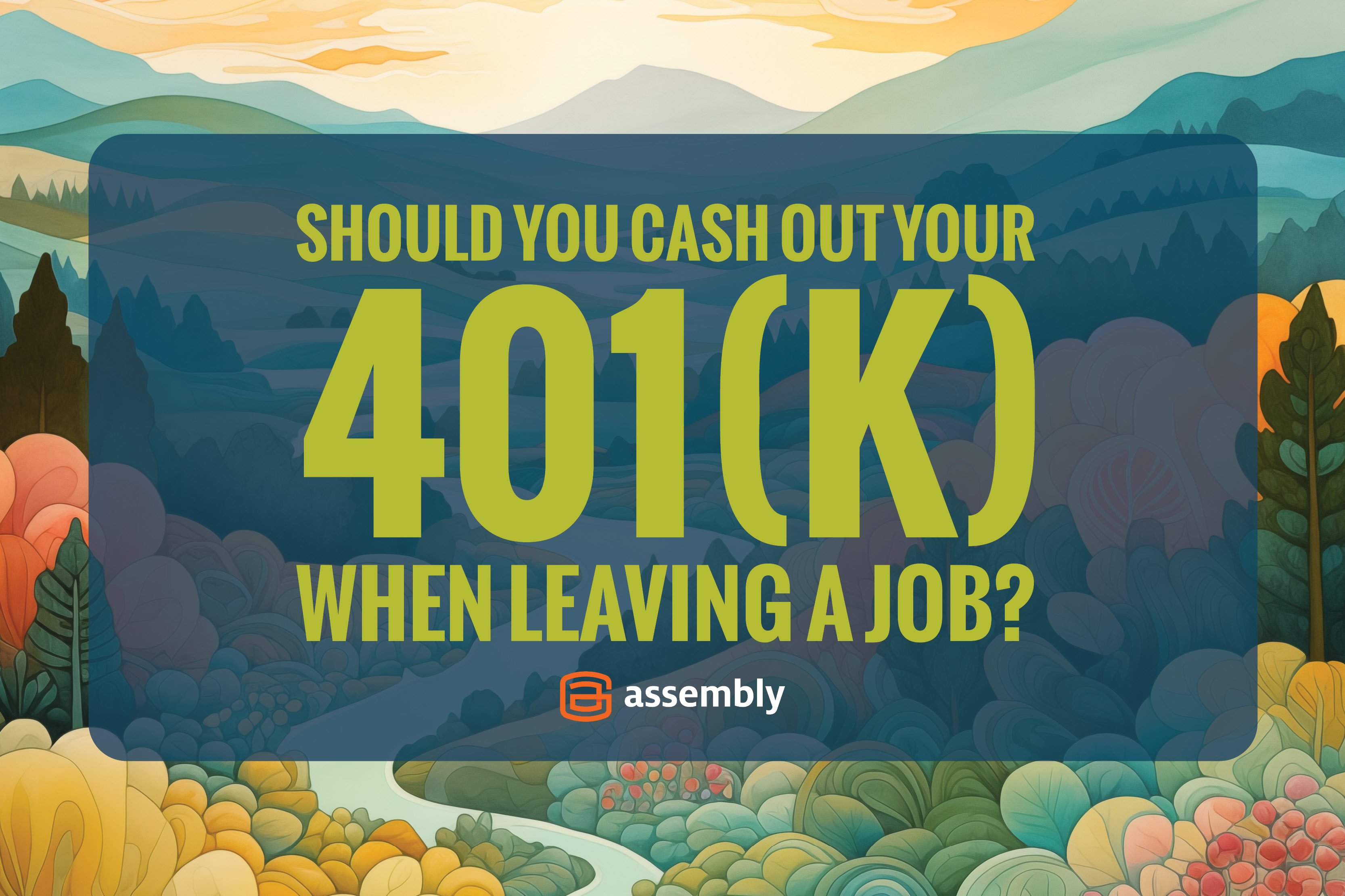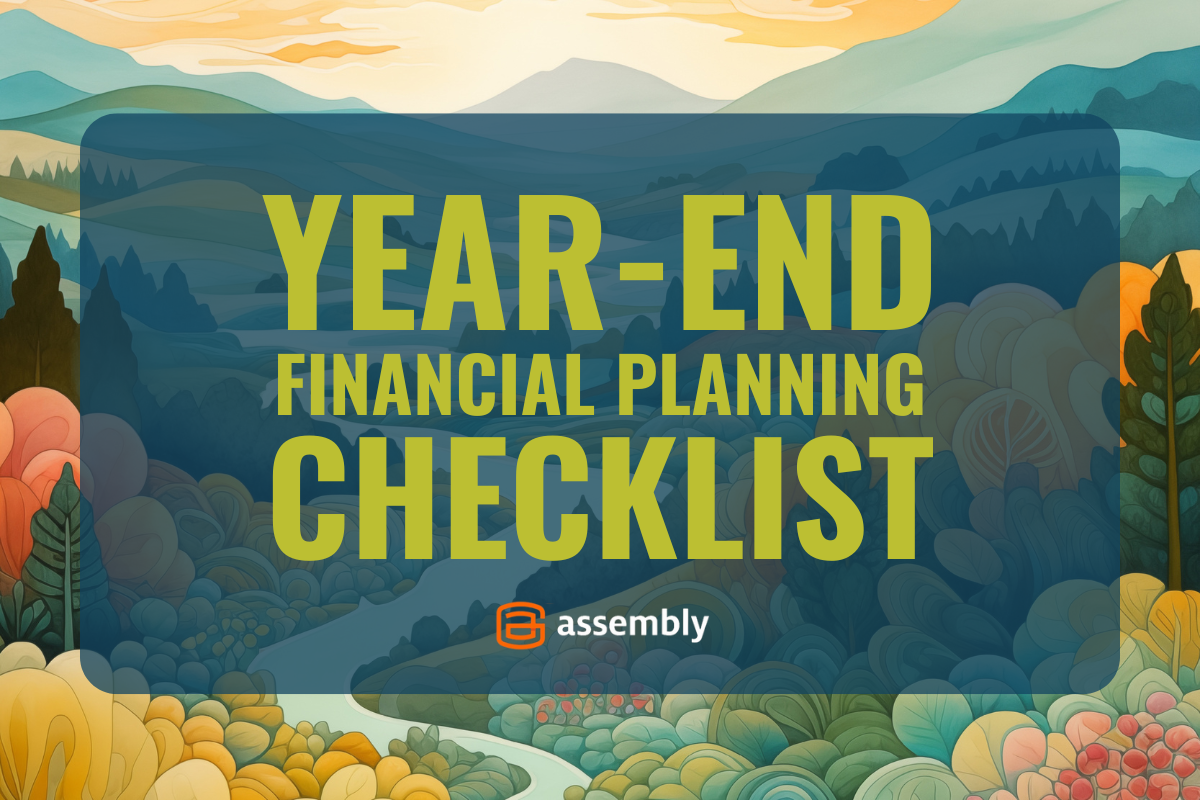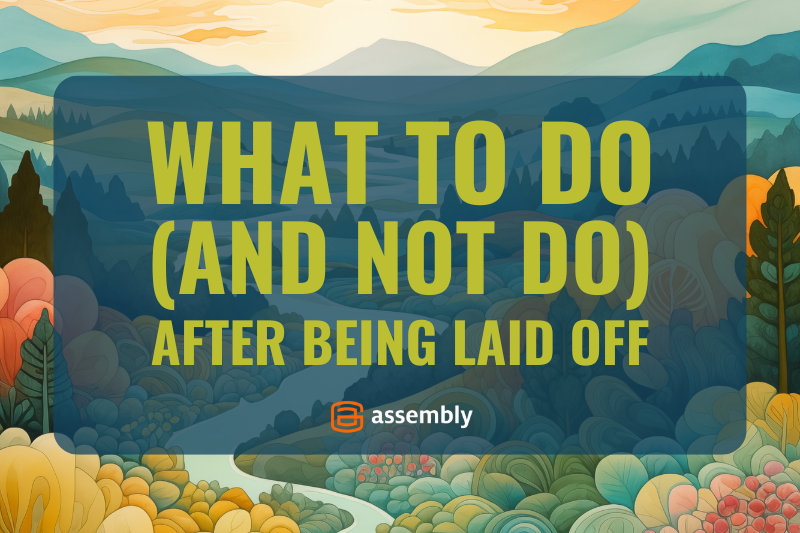401k Withdrawal Rules: Know Before You Cash Out
When you leave a job — to retire, pursue other opportunities, or due to termination — you’ll have the option to cash out your 401(k). Receiving a big...
3 min read
 Doug Hutchinson
:
Jul 26, 2024 8:45:21 AM
Doug Hutchinson
:
Jul 26, 2024 8:45:21 AM

As we age, we accumulate things: workout equipment, kitchen gadgets and 401(k) accounts from different jobs. The workout equipment and gadgets may be worth keeping, but consolidating multiple retirement accounts into a single IRA is a smart financial move for most people.
The average person born between 1957-1964 had 6-7 jobs after age 24. By comparison, today’s workers change jobs every 2.8 years. Over a lifetime, this adds up to 14 or 15 jobs — and retirement savings accounts from different companies.
Whether you have multiple 401(k)s, or a mix that includes a 403(b) a SIMPLE IRA, etc., the first step is to confirm:
A financial professional can assist with this evaluation and help you decide if any account(s) are worth keeping.
For most people, it’s better to consolidate multiple retirement accounts. Having all your investments in one place allows you to:
Imagine you want to rebalance your retirement savings. Multiple accounts require multiple logins. After accessing all your accounts, you still need to compile the info so you can (finally) get a high-level overview of your investments. But when all your investments are in a single account, you can see your allocations at a glance.
A single account also helps you avoid over-investing in a single sector. When you have multiple accounts, the holdings in the Growth Fund of one account may be very similar to the holdings in a Capital Appreciation Fund of a different account. The only way to avoid duplication is to cross-check the fund holdings periodically — or consolidate your retirement accounts into a single IRA.
The average 401(k) plan has limited investment options. Compared to an IRA, a 401(k) is like shopping at a convenience store vs. a supermarket.
Some 401(k) plans are also very expensive. Every dollar paid in account maintenance fees or fund management fees is money you won’t have in retirement.
After consolidating multiple retirement accounts into a single IRA, most people:
There are additional benefits to consolidating your retirement accounts if you’re working on an estate plan or if Required Minimum Distributions (RMDs) are on the horizon.
Qualified taxpayers 70½ or older who want to avoid being pushed into a higher tax bracket can make qualified charitable distributions (QCDs) — but only from an IRA, not a 401 (k). QCDs are an excellent way to minimize AGI while supporting one or more charitable organizations. Learn more about how to reduce your taxable income through charitable giving.
Absolutely. The IRS doesn’t care how many retirement accounts you have. It’s very common for someone to have a 401(k) with their current employer and an IRA established with funds from a previous retirement account(s).
A direct rollover is the easiest option. The first step is to establish an IRA (or Roth IRA if you’re rolling over a Roth 401(k). Next, contact the plan administrator from your previous employer and request a direct rollover.
The funds will be transferred from your old retirement savings account to the new one. Your cash will sit, uninvested, until you allocate it.
Some people cash out their 401(k) when leaving a job. Generally speaking, this is a mistake. Cashing out means paying ordinary income tax(es) on the money and potentially paying an early distribution penalty if you withdraw before age 59 1/2. To learn more, read: 401(k) Withdrawal Rules: Know Before You Cash Out.
The primary reason to hang on to an old 401(k) is if it has a roster of investment options that meet your needs. A financial advisor can help you make an informed choice.
There are also two circumstantial reasons:
Have multiple retirement accounts? Contact Assembly Wealth for expert advice about your options. We can help you combine accounts and streamline your retirement planning.
Related Reading:
Fill out the form to be notified about new articles.

When you leave a job — to retire, pursue other opportunities, or due to termination — you’ll have the option to cash out your 401(k). Receiving a big...

With the year coming to a close, now is a good time to do an annual review of your financial health. Here are 10 financial planning items to review...

About 40% of U.S. workers will lose their job at some point in their career. Being laid off can leave you feeling rejected, sad, or even angry — even...